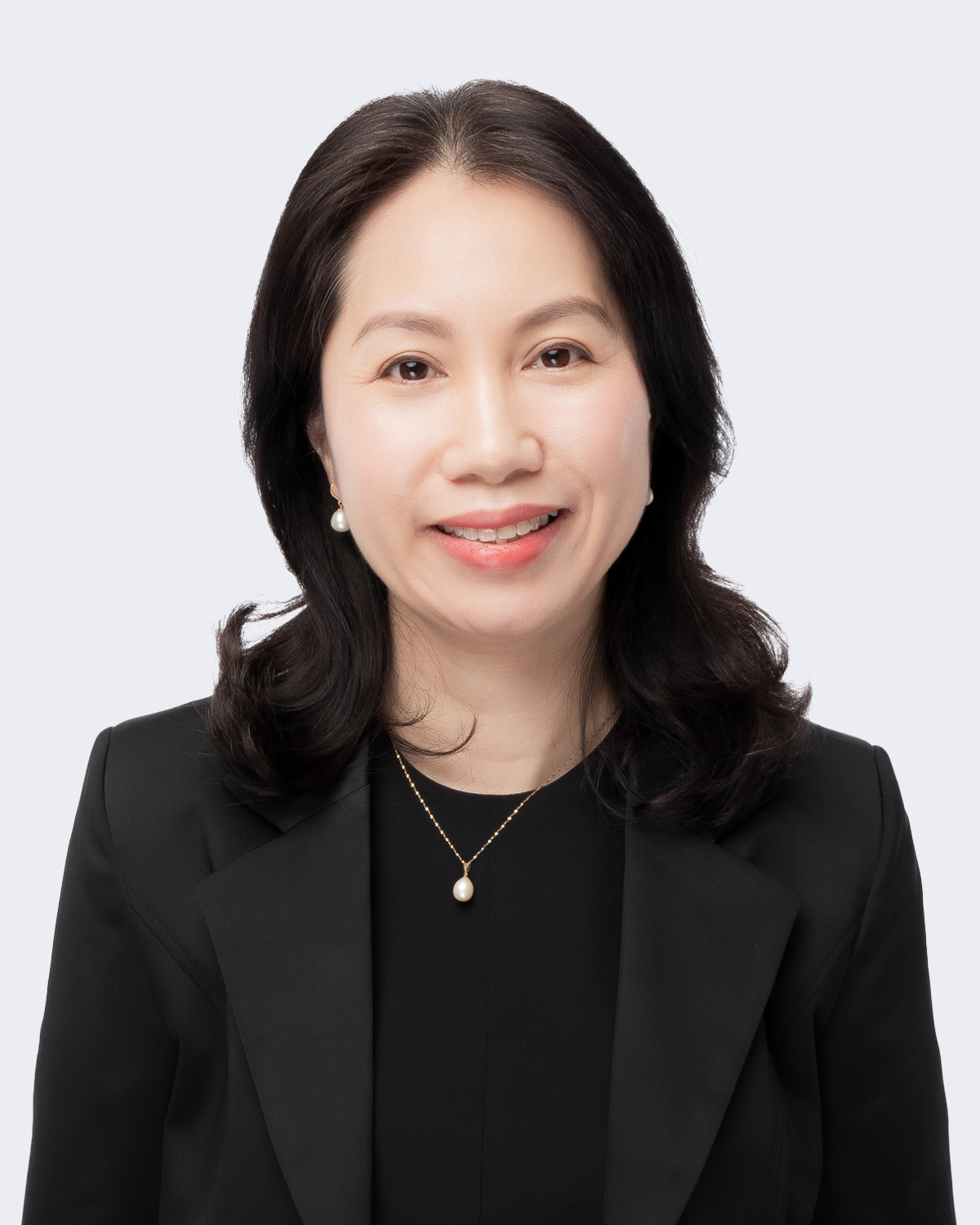
Vietnam’s Law on Intellectual Property was comprehensively amended in 2022 (“2022 IP Law”), and the amended law came into effect (with the exception of a few provisions) on 1 January 2023. Along with amendments of substantive matters, the revised version also touches upon the requirements for providing IP representation (agent) services, at both the organizational and individual level.
Requirements for Organizations
Article 154 of the previous IP Law provided the following conditions for organizations to act as IP representation service organizations:
- The organization is a lawfully established and operating law-practicing enterprise, cooperative or organization, or a scientific and technological service organization, except for foreign law-practicing organizations operating in Vietnam.
- The organization has the function of providing IP representation services stated in its business registration certificate or operation registration certificate.
- The head(s) of the organization or a person(s) authorized by the head(s) of the organization has a certificate for practicing IP representation services.
While the first requirement remains unchanged, the 2022 IP Law has removed the second requirement, and revised the third requirement to be more relaxed. Specifically, the amended provision only requires that there must be at least one individual holding a certificate for practicing IP representation services in each IP representation service organization. (Regarding the second requirement, while it is no longer stated in the IP Law, this does not mean that any organization can practice IP representation services, because this is a conditional business line and only organizations who meet the conditions for providing such services, provided in other legislation, can do business in this field.)
Requirements for Individuals
At the individual level, the law both tightens and loosens the requirements. Under the former law, to be granted a certificate for practicing IP representation services, the individual must:
- Be a Vietnamese citizen with full capacity for civil acts;
- Reside permanently in Vietnam;
- Have a university degree;
- Have either directly worked in the field of IP law or conducted examinations for IP applications at national or international IP offices for at least five years, or have completed a training course on IP Law recognized by a state authority;
- Not be a civil servant or employee working in a state authority in relation to establishment and enforcement of IP rights; and
- Have passed an IP agent examination organized by a relevant authority.
Among the conditions above, the last is the most challenging. It is widely known that it is extremely difficult to pass an IP agent examination in Vietnam, as the pass rate in recent years has typically been lower than 10%. Because of that, through the end of 2022, only 349 individuals had been granted certificates for practicing IP representation services (“IP agents”), and 294 organizations had been permitted to act as IP representation service organizations in Vietnam.
The 2022 IP Law divides IP representation services for individuals into two categories: (i) for inventions, industrial designs or layout designs (“patent agents”); and (ii) for trademarks, geographical indications, trade names, anti-unfair competition and trade secrets (“trademark agents”). The requirements for each category are different.
To become a patent agent, the 2022 IP Law requires that the individual must have a bachelor’s or equivalent degree in natural sciences or engineering (while under the former law, any bachelor’s degree would suffice). The other conditions mentioned above remain unchanged for patent agents. As such, generally, the conditions for patent agent have become more stringent.
The 2022 IP Law maintains the same six conditions for trademark agents as in the old law. However, it has opened another way to become a trademark agent by creating a new set of conditions especially for lawyers. Accordingly, any qualified lawyer who is residing in Vietnam and has completed a training course on IP Law recognized by a state authority could become a trademark agent.
Needless to say, this makes it easier than before for a lawyer to become a trademark agent, as they no longer need to fulfill conditions (iv), and (v). More importantly, condition (vi) – passing an IP agent examination, which is the most difficult condition as mentioned above – has been replaced by a much simpler condition, which is to simply complete a training course on IP law.
Likely Impact of the Changes
When viewing the changes in the requirements for practicing IP representation services at both the organizational level and the individual level, it is now clear that local law firms will benefit the most from such changes. As the law no longer requires the IP agent (or patent/trademark agent) to be the head or authorized by the head of the firm, it will be very easy for a law firm to appoint any of its lawyers to attend a course on IP law (which often can be completed in 6 months and costs less than USD 1,000), and then that lawyer will become a trademark agent, and that law firm will become an IP representation service organization.
Taking into account that there are more than 16,000 lawyers and 6,000 law firms in Vietnam, it is expected that the number of trademark agents and IP representation service organizations will be on the rise in the time to come.
This article first appeared in Managing Intellectual Property.
